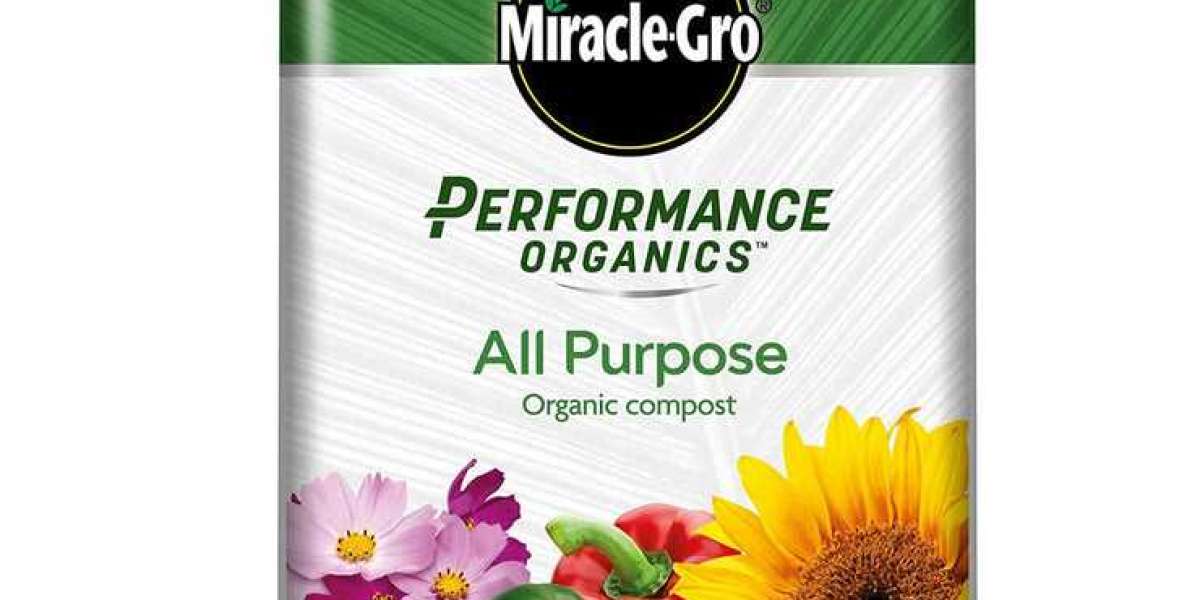Nature is an integral part of our lives and wellbeing, and it is important to nurture and protect it. As more and more people are recognizing the benefits of organic living, the demand for organic products and practices is increasing. From food to skincare to gardening, people are turning to organic options to live a healthier lifestyle and reduce their environmental impact. When it comes to gardening, it is important to use organic methods to control pests and protect your plants. In this guide, we will explore various techniques and organic products that you can use to protect your garden and the environment. Whether you are a seasoned gardener or just starting out, this guide will provide you with valuable information on how to nurture nature and create a healthy and sustainable garden.
Introduction: The importance of organic control and protection
In a world where sustainability and environmental consciousness are at the forefront, the significance of organic control and protection methods cannot be overstated. As we strive to minimize our impact on the environment and safeguard the delicate balance of nature, adopting organic practices in controlling and protecting our crops, gardens, and landscapes is crucial.
Organic control and protection methods prioritize the use of naturally derived solutions over chemical pesticides and harmful synthetic substances. By harnessing the power of nature itself - through beneficial insects, companion planting, organic fertilizers, and other eco-friendly techniques - we not only safeguard our plants and ecosystems but also promote biodiversity and long-term environmental health.
Understanding the principles of organic gardening
Understanding the principles of organic gardening is essential for anyone looking to cultivate a natural and sustainable garden. Organic gardening is a holistic approach that focuses on working with nature rather than against it. By harnessing the power of natural processes and resources, organic gardeners aim to create a healthy and balanced ecosystem that promotes plant growth and vitality.
At the core of organic gardening are principles such as promoting soil health, enhancing biodiversity, and minimizing the use of synthetic chemicals. Soil is seen as a living ecosystem teeming with beneficial microorganisms that play a crucial role in plant nutrition and growth. By maintaining healthy soil through practices like composting, mulching, and crop rotation, organic gardeners ensure that their plants have access to essential nutrients and minerals.
Identifying common pests and diseases in plants
Identifying common pests and diseases in plants is a crucial step in maintaining a healthy and thriving garden. By being able to recognize the signs and symptoms of various pests and diseases, you can take proactive measures to prevent their spread and minimize damage to your plants.
Common pests that may affect your plants include aphids, spider mites, caterpillars, and whiteflies. These pests can cause damage by feeding on plant tissues, sucking sap, or transmitting diseases. Look out for visible signs such as holes in leaves, webbing, discolored spots, or wilting foliage.
Natural methods for pest control in the garden
When it comes to maintaining a thriving garden, utilizing natural methods for pest control is not only effective but also environmentally friendly. By incorporating organic practices, you can protect your plants while promoting a balanced ecosystem in your garden.
One of the most popular natural pest control methods is companion planting, where certain plants are grown together to deter pests or attract beneficial insects. For example, planting marigolds alongside vegetables can help repel pests like nematodes, while attracting pollinators to enhance plant growth.
Using beneficial insects to maintain a healthy garden ecosystem
Introducing beneficial insects into your garden is a natural and effective way to maintain a healthy ecosystem without the use of harmful chemicals. These good bugs can help control pests that might otherwise damage your plants, ensuring a natural balance that promotes plant growth and overall garden health.
Ladybugs, lacewings, and parasitic wasps are just a few examples of beneficial insects that can be introduced to your garden. Ladybugs, for instance, feast on aphids, while lacewings target aphids, mites, and other soft-bodied pests. Parasitic wasps lay their eggs inside harmful insects, effectively reducing their populations.
Conclusion
In this blog post, we explored the importance of organic control and protection methods for nurturing nature. By incorporating sustainable practices and organic solutions, we can maintain a healthy balance in our environment and protect our planet for future generations. Remember, every small step we take towards organic control and protection can make a significant impact. Let's continue to nurture nature and create a harmonious relationship with the natural world.








